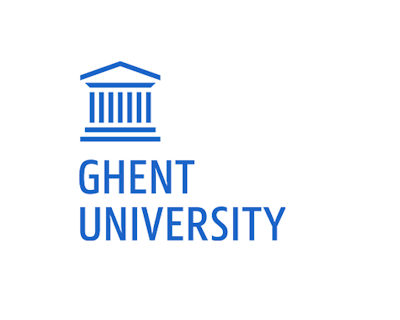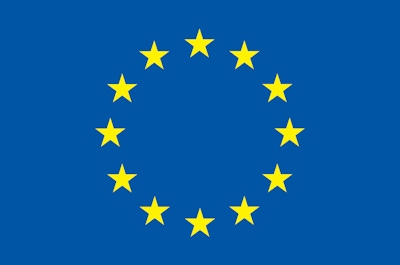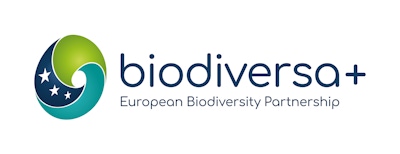news
Baltics to Barents
In November 2023, I, together with my colleagues, had the opportunity to meet and engage with some of the relevant stakeholders for the Baltic to Barents case.
Katharina Heinrich
Junior Researcher at the Arctic Centre, University of Lapland

09/11/2023, Baltics to Barents (online)
The case study Baltic to Barents focuses on examples of transboundary cooperation for the conservation of biodiversity and sustainable use of resources in different areas along the borders between three countries: Finland, Sweden, and Norway. These border areas are partly constituted by rivers, which are subject to long traditions of cross-border interaction, such as the Torniojoki River between Finland and Sweden. In this case, a bilateral agreement reaffirms the commitment to jointly and equally manage and conserve the shared area and resources, also through the establishment of a joint commission. Other transboundary cooperation arrangements, like as the Háldi Transboundary Area shared between Norway and Finland, as well as the Pasvik-Inari Trilateral Park shared between Finland, Norway and Russia, include also a river, the Paatsjoki River, and terrestrial landscapes, such as, among others, rocky fells and the highest peak in Finland, Halti. Cooperation in the Pasvik-Inari Trilateral Park, for example, involves a working group comprising representatives from each country’s managing authority. This group implements an Action Plan through a number of collaborative projects, and is also guided by an advisory body. Transboundary cooperation across all these areas aims to safeguard the conservation of biodiversity and cultural values, and notably Sámi traditional land use, as the areas are also essential grazing areas for reindeer.
The people we met in November 2023, included representatives from different park and reindeer herding authorities, regional and local governments, as well as representatives from different relevant conservation projects and environmental organizations. Similar to cooperation established in and for these areas, the meeting was held in a setting of cooperative spirit and mutual respect. By introducing the TRANSNATURE project, its core objectives and aims, as well as its methodology, it was possible to get a first reaction from some of the stakeholders of the project and get their feedback. It was very valuable to see that the stakeholders deem the project as relevant and important. What is more, the initial meeting also created a space to address challenges and concerns related to transboundary conservation efforts and collaboration across different governance levels. This will inform our future research efforts and allow us to tailor it to the needs and interests of the stakeholders, as well as to ensure effective biodiversity conservation across boundaries, in order to create a beneficial outcome for future transboundary cooperation efforts. For that, I think the meeting has created a momentum, which we can use to engage in further and more in-depth discussions and reach out to further stakeholders identified by the group during the meeting.





